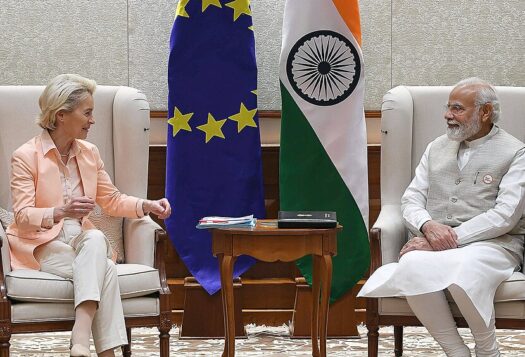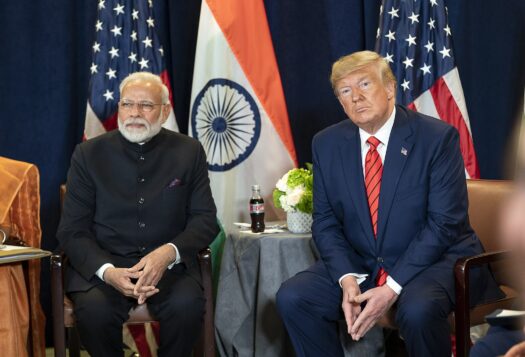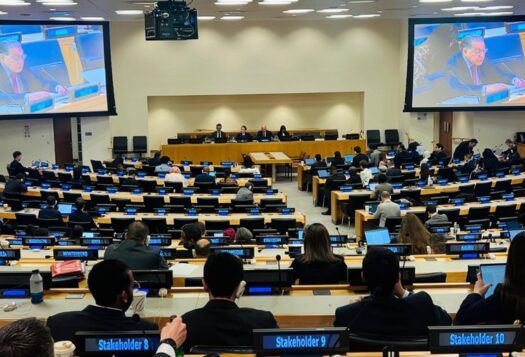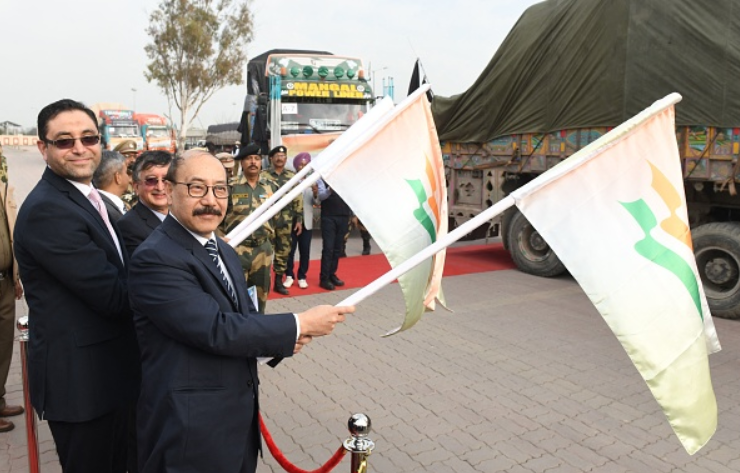
On August 12, India’s External Affairs Minister S. Jaishankar stated that India plans to expand its diplomatic presence in Kabul while speaking at a media interaction in Bengaluru. India’s decision to expand its diplomatic presence in Taliban-ruled territory is surprising after years of avoiding open communications with the Taliban and its strong support of the previous government in Kabul. This shift might seem to undercut the country’s longstanding Afghanistan strategy of isolating the Taliban. However, this strategic move reflects the pragmatic approach that India has crafted to handle the new reality in Afghanistan.
New Delhi’s diplomatic presence in Kabul could accord the Taliban government some legitimacy without official recognition, in addition to much-needed humanitarian relief. In return, India hopes its new relationship with the Taliban can continue its close engagement with the Afghan people and address its core security concerns emanating from Afghanistan: an approach that promises to advance prospects for India’s long-term dividends in Afghanistan.
India’s Governmental Relations with the Taliban
To the surprise of many, India quickly initiated conversations with the Taliban in the aftermath of Kabul’s fall last August. Indian officials spoke with Taliban representatives in Qatar on August 31, 2021, to discuss the safety and security of Indians stranded in Afghanistan. Moreover, India raised concerns that Afghan soil could harbor terrorists and warned that it “should not be used for anti-Indian activities and terrorism in any manner.” Since then, India and the Taliban have increased their bilateral engagements and held multiple official meetings.
Those efforts resulted in the reopening of the Indian embassy in June to a small ‘technical team’ tasked with overseeing humanitarian aid distribution in Afghanistan. Regardless of these cautiously positive moves, India – alongside the rest of the international community – has been firm on its position to avoid extending recognition to the Islamic Emirate of Afghanistan.
India hopes its new relationship with the Taliban can continue its close engagement with the Afghan people and address its core security concerns emanating from Afghanistan: an approach that promises to advance prospects for India’s long-term dividends in Afghanistan.
In addition to the bilateral route, India has also placed importance on formulating a multilateral approach to Afghanistan. India organized the 3rd NSA-level eight-nation ‘Regional Security Dialogue’ in November last year to discuss the ongoing humanitarian crisis and uncertain security situation in Afghanistan after the withdrawal of foreign troops with stakeholder countries, like Central Asian Republics (CARs) and Russia. All participating countries emphasized that Afghanistan’s territory should not be used for “sheltering, training, planning, or financing any terrorist act.” This approach has helped India garner support among regional countries to address security dilemmas and devise regional solutions to hinder spillover from Afghanistan, including intelligence sharing on terror activities and narcotics trafficking from the Taliban-led country.
Maintaining a People-Centric Approach
India’s decision to expand its diplomatic presence in Afghanistan was initially motivated by a desire to coordinate humanitarian relief efforts. Delhi’s current decision aligns with its previous “people-centric” policy in Afghanistan, which it adopted after the Taliban was ousted from power in the early 2000s. Through this approach, New Delhi has invested in development projects in almost all 34 provinces, provided scholarships to Afghan students, and facilitated medical-related visas for Afghans. The result has been overwhelming goodwill among Afghans for India, which has accorded New Delhi the image of an impartial and positive influence in Afghanistan’s tribal-centric politics.
After the Taliban’s return to power in Kabul, India’s National Security Advisor Ajit Doval confirmed at the 4th Regional Security Dialogue on Afghanistan held in May this year that New Delhi is adopting the same policy. Doval said that India has always stood with the people of Afghanistan and that this should guide the country’s approach.
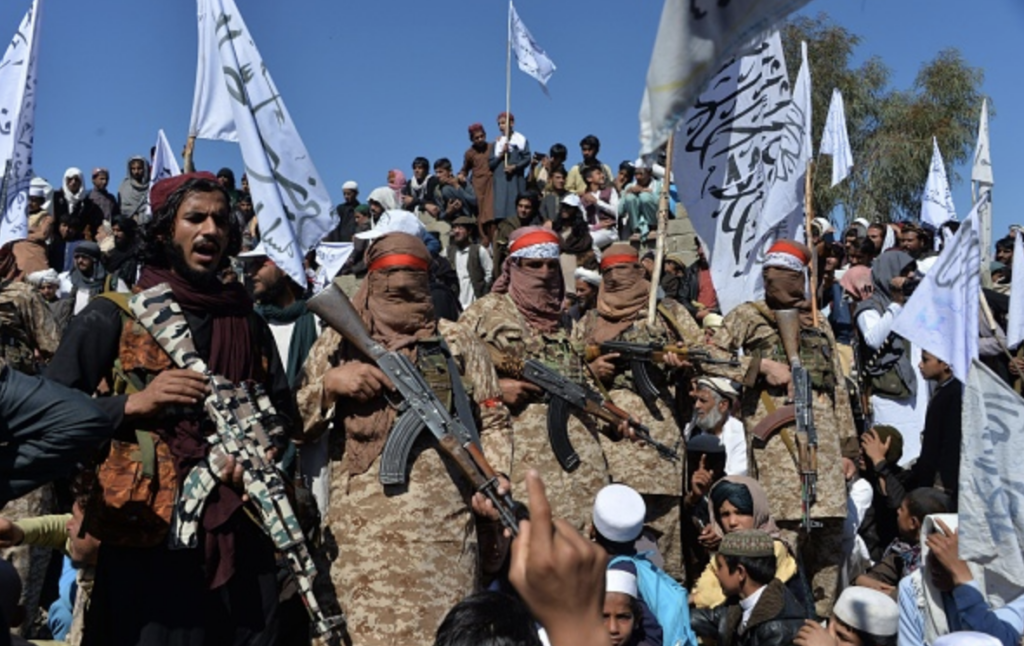
New Delhi’s adherence to the people-centric policy approach even under the Taliban regime displays its commitment to the Afghan people and supports its sustained interest in peace and political stability in Afghanistan. India has already provided essential food and medical supplies to address the humanitarian crisis in Afghanistan, including sending 500,000 doses of Covaxin vaccines and 13 tons of essential lifesaving medicines to Afghanistan. India has also shipped approximately 40,000 MTs of wheat in partnership with the World Food Program (WFP). In addition to providing humanitarian aid, India is focused on finishing incomplete infrastructure development projects in Afghanistan, such as the Shahtoot Dam in Kabul, which is projected to provide drinking water to two million residents and facilitate agriculture in the surrounding region. New Delhi also could address the concerns of Afghan students who were left stranded in Afghanistan due to visa-related issues and the COVID-19 pandemic lockdowns.
These efforts provide humanitarian relief to the Afghan people but also signal India’s long-term interest in maintaining its image as a neutral and constructive stakeholder in Afghanistan. This approach allows India to function as a link between international organizations and other countries interested in providing humanitarian relief to the Afghan people without interfacing directly with the Taliban. It could also grant India the space to raise sensitive issues, like women’s education and safety concerns of religious minorities, especially Hindus and Sikhs, directly with the Taliban government. These issues have long been priorities for New Delhi. Finally, the legitimacy it commands in Afghanistan can serve as the foundation India needs to pursue its other security and economic interests in the region.
Keeping an Eye on Security Concerns
By maintaining a positive image for itself in Afghanistan, India is opening channels to encourage the Taliban to accommodate its regional security priorities. By communicating with the Taliban leadership, New Delhi aims to coordinate with the new government to monitor the activities of terror groups in Afghanistan to deter attacks on its soil, especially those affiliated with Pakistan.
By maintaining a positive image for itself in Afghanistan, India is opening channels to encourage the Taliban to accommodate its regional security priorities.
Anti-India activities and terror threats emanating from Afghanistan remain a perennial concern discussed in New Delhi and Taliban bilateral meetings. Acting Taliban Interior Minister Sirajuddin Haqqani has assured the safety and security of Indian nationals in Afghanistan and promised that Afghan soil would not harbor anti-India terror groups, such as Lashkar-e-Tayyaba (LeT), Jaish-e-Mohammad (JeM), and al-Qaeda in Indian Subcontinent (AQIS). Nevertheless, there exist doubts among India’s ruling circles over the Taliban’s capability and willingness to do so.
The Pakistan-Taliban relationship remains strong despite emerging fissures between the two over uncertain peace dialogues between Islamabad and Tehreek-i-Taliban Pakistan (TTP), the unresolved Durand Line issue, and recent incidents of violent border clashes. Even if India takes advantage of these fissures for tactical aims, this exploitation cannot serve as the basis for India’s long-term Afghanistan strategy or address its core security concerns under Taliban rule. While differences between the Taliban and Pakistan have long existed, their collaboration has endured over several decades. Instead, India can continue to carve out a regional approach with stakeholder countries to address terror threats emerging out of Afghanistan.
Prospects for Long-term Dividends
New Delhi will likely continue its people-centric focus on humanitarian relief, providing education and medical visas, and development projects soon, with the long-term goal of maintaining India’s favorable image among the Afghan people. This approach will also provide a space for regional and international collaboration on Afghanistan, as demonstrated by recent regional security dialogues and India’s outreach to Central Asian countries, Iran, and others. However, this policy might not cover uncertain Taliban guarantees on the safety and security of Indian personnel stationed in Kabul and assurances that Afghan soil will not become breeding grounds for Pakistan-sponsored anti-India terror groups.
Realizing that India’s core security concerns necessitate communication with Kabul, regardless of which government is currently in power, India’s Modi government is testing the waters of its relationship with the Taliban by devising a quid pro quo strategy. Their strategy will allow New Delhi to closely assess the ground situation in Afghanistan and amend its Afghan policy accordingly. India will gain more from direct interactions with the interim Taliban government than it would from remaining aloof and allowing its regional rivals to expand their influence in the country.
***
Click here to read this article in Urdu.
Image 1: NARINDER NANU/AFP via Getty Images
